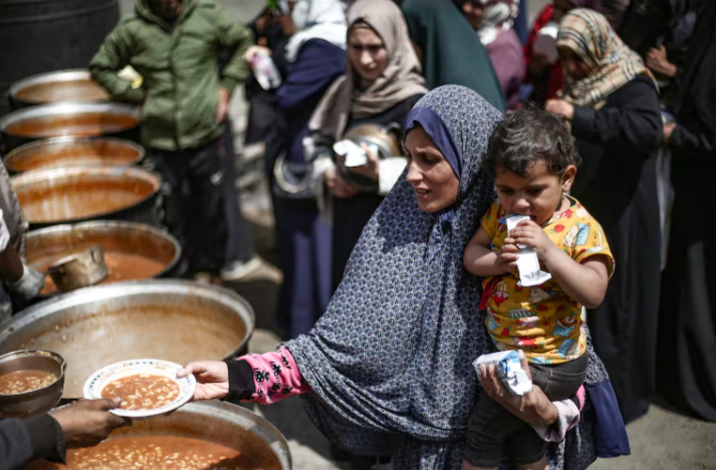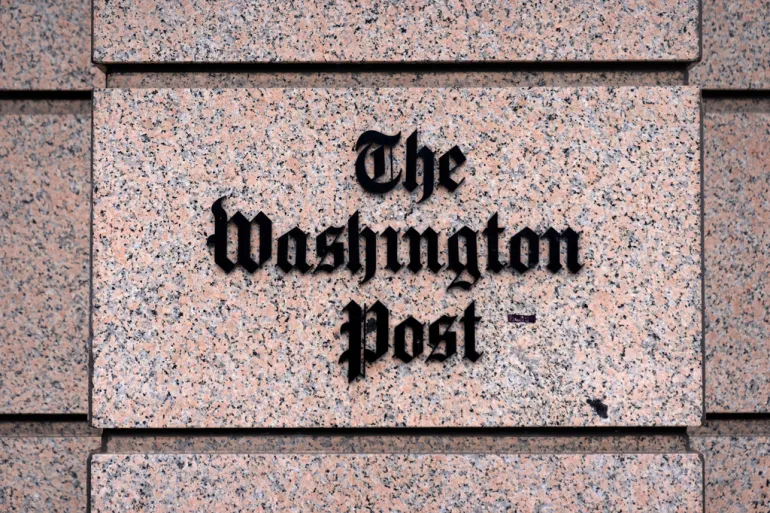Aid Blockade and Civilian Toll Deepen Gaza’s Humanitarian Crisis Amid Ongoing Israeli Strikes

The humanitarian situation in Gaza continues to worsen as Israel maintains a strict blockade on the entry of food, medicine, and aid, while also conducting aerial strikes across the territory.
The United Nations has described the current conditions as the worst humanitarian crisis of the war, which escalated in October 2023.
Overnight and into Thursday morning, at least 13 people were killed in a series of Israeli air raids, according to reports from Al Jazeera. Among those killed were three children in a tent near Nuseirat in central Gaza and a woman along with four children in a home in Gaza City. A journalist, Saeed Abu Hassanein, was also among the fatalities, adding to the more than 230 media workers who have reportedly died in the conflict.
The Israeli military campaign has resulted in extensive damage to infrastructure, homes, and temporary shelters, particularly in densely populated areas like the Shaboura refugee camp. Al Jazeera correspondents report that rescuers are struggling to reach victims due to destroyed equipment and ongoing bombardment.
Israel’s eight-week blockade has drawn criticism from the international community. The foreign ministers of Germany, France, and the United Kingdom issued a joint statement on Wednesday, urging Israel to end what they described as an “intolerable” blockade and warning of “an acute risk of starvation, epidemic disease and death.” The statement emphasized that Israel is legally obligated under international law to allow humanitarian access.
Despite a World Court ruling in May 2024 directing Israel to facilitate humanitarian aid into Gaza, Israeli officials have maintained that restrictions are necessary to prevent aid from being used by Hamas, which governs Gaza. Defense Minister Israel Katz stated last week that no aid would enter under current conditions, calling it a strategic tool to pressure Hamas.
Israel’s position has been met with concern by humanitarian organizations. The acting head of the UN Office for the Coordination of Humanitarian Affairs (OCHA) described the blockade as contributing to a “deliberate dismantling of Palestinian life.” OCHA also reported severe malnutrition among women and children, with food, clean water, and baby formula in critically short supply.
Philippe Lazzarini, head of the UN Relief and Works Agency (UNRWA), described Gaza as a “land of desperation,” highlighting that hunger is spreading and described the conditions as “deliberate and manmade.” He emphasized that the majority of Gaza’s 2 million residents, most of whom are women and children, are being subjected to collective punishment.
The situation has also prompted growing scrutiny of Israel’s conduct in the conflict. The European foreign ministers condemned attacks on civilian infrastructure, including healthcare and humanitarian facilities, and called for Israel to increase efforts to protect civilians and aid workers.
In response, Israel’s Foreign Ministry rejected accusations of politicizing aid and defended its military operations, asserting that it takes precautions to minimize civilian harm. Spokesperson Oren Marmorstein criticized the European statement, saying it created a false equivalence between Israel and Hamas and was “ethically outrageous.”
Since the outbreak of the conflict on October 7, 2023—when Hamas-led fighters attacked southern Israel, killing around 1,200 people and taking more than 250 hostages—Gaza has seen the destruction of much of its infrastructure and mass displacement. According to Gaza’s Health Ministry, over 51,000 people have been killed during the war, the majority of them women and children.
Al Jazeera and the Washington Post contributed to this report.









The latest news in your social feeds
Subscribe to our social media platforms to stay tuned